简体中文
繁體中文
English
Pусский
日本語
ภาษาไทย
Tiếng Việt
Bahasa Indonesia
Español
हिन्दी
Filippiiniläinen
Français
Deutsch
Português
Türkçe
한국어
العربية
SEC Sues Unicoin, Executives for $100M Crypto Fraud Scheme
Abstract:SEC charges Unicoin and executives with $100M fraud, alleging fake real estate backing and inflated token sale claims. Lawsuit seeks penalties.
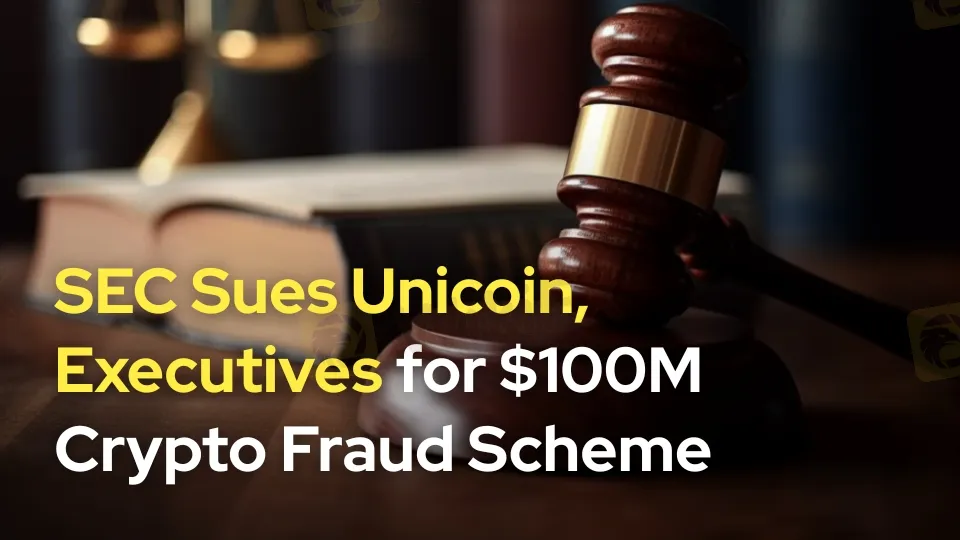
On Tuesday, the U.S. Securities and Exchange Commission (SEC) launched a lawsuit against Unicoin, a cryptocurrency company, and three of its leaders, accusing them of a scam that tricked investors out of over $100 million. The SEC pointed fingers at Unicoins CEO Alexander Konanykhin, former board chair Maria Moschini, senior vice president and lawyer Richard Devlin, and former investment officer Alejandro Dominguez, saying they broke securities laws.
The SECs court filing claims Unicoin lied about owning real estate to back its crypto tokens. From September 2023 to January 2024, the company bragged about buying properties in Argentina, Thailand, Antigua, and the Bahamas, saying they were worth over $1.4 billion. The SEC says most of these deals never happened, and the properties were worth only about $300 million. This made investors think their money was safer than it was.

The SEC also says Unicoin fudged its fundraising numbers. The company told people it raised $3 billion by selling “rights certificates” by June 2024, but it only collected $110 million. The executives allegedly hyped up these false numbers on social media and elsewhere to make Unicoin seem more successful and draw in more investors.
Unicoin‘s marketing was flashy and bold. The SEC noted ads on taxis, ferries, elevator screens in office buildings, digital billboards, drink coasters, TV shows, news sites, and even public Wi-Fi spots. These ads promised huge profits, with some claiming investors could make up to 9 million percent, comparing Unicoin to Bitcoin’s massive growth. Social media posts urged people to “jump in early with Unicoin,” hinting it could turn small investors into millionaires, just like Bitcoin did for some.
Trouble started brewing last December when Unicoin got a Wells notice from the SEC, then led by Chair Gary Gensler, warning of coming fraud charges. In April, Konanykhin wrote to Unicoin‘s shareholders, saying the company turned down an SEC offer to settle. He called it an “ultimatum” with demands he wouldn’t accept. In a CoinDesk interview, he claimed the SEC‘s investigation hurt Unicoin to the tune of billions, but didn’t share specifics.
Unicoin and its leaders havent commented on the latest lawsuit. Earlier this year, after a Wall Street Journal story, a spokesperson said Unicoin was the only crypto company fully registered, regulated, audited, and reporting publicly in the U.S., insisting it followed all rules. The SEC disagrees and wants the company to pay back profits and face fines for the alleged wrongdoing.
This case is part of a bigger push by regulators to crack down on crypto companies making shady promises or selling unregistered securities. It highlights the dangers investors face in the wild world of crypto, where big-return claims can hide serious lies. As the lawsuit moves forward, the SEC is determined to hold Unicoin and its bosses responsible for what it calls a planned effort to fool investors.
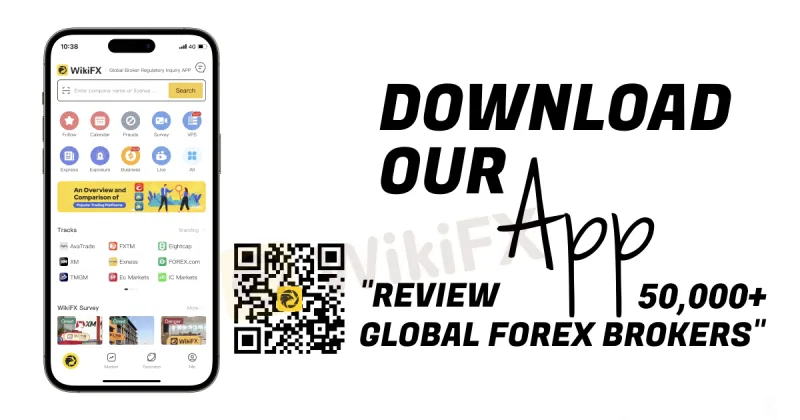
Disclaimer:
The views in this article only represent the author's personal views, and do not constitute investment advice on this platform. This platform does not guarantee the accuracy, completeness and timeliness of the information in the article, and will not be liable for any loss caused by the use of or reliance on the information in the article.
Read more
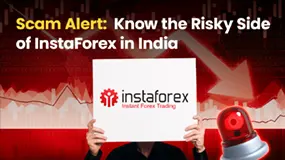
Scam Alert: Know the Risky Side of InstaForex in India
you should always Scam Alert in forex market. If something seems too good to be true, it often hides red flags behind it. Therefore, We reviewed InstaForex and reveal hidden risks associated with it. Whether you are an Indian trader, a potential user, or an existing client, it is crucial to understand the risks associated with InstaForex .
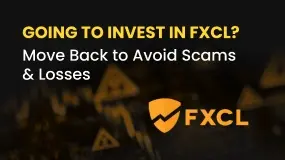
Going to Invest in FXCL? Move Back to Avoid Scams & Losses
Are FXCL officials calling you to make you a customer by promising a magical profit number? Stop! These officials follow this route to onboard customers and make them deposit at regular intervals. However, when you wish to withdraw, the officials will deny your request. This is nothing but a strong indicator of a scam forex broker. In this article, we will expose the wrongdoings of this Botswana-based broker.
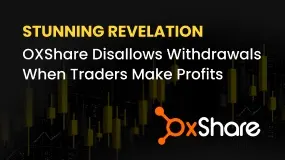
Stunning Revelation: OXShare Disallows Withdrawals When Traders Make Profits
The revelation that OXShare disallows withdrawals to traders when they make profits is stunning but true. Many traders have complained about it on forex broker review platforms, but to no avail. They may receive assurances, but company officials do not live up to their promises. What’s more, these officials manipulate trades, forge vital details, and eventually scam traders who put their hard-earned capital on it. In this article, we will expose OxShare with proof. Read on to check them.
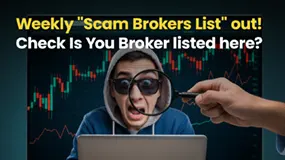
Weekly "Scam Brokers List" out! Check Is You Broker listed here?
The forex market is increasingly prone to scams, and forex trading has become riskier due to the growing number of fraudulent forex brokers. So, how can you protect yourself and your hard-earned money? Being informed is the most powerful weapon you can use to safeguard yourself. This article aims to raise a fraud alert — read on to learn about the scam brokers you should stay away from and how to spot red flags before it's too late.
WikiFX Broker
Latest News
Join WikiFX’s Agent Growth Event | Turn Your Success into a Global Achievement
Forex Trends Explained for Your Successful Trading Experience
Do Kwon Faces 130-Year Prison Sentence After Guilty Plea in $40B Crypto Collapse
Best 5 Low-Spread FX Brokers in India 2025
Major Pairs in Forex: Top Traded Currency Insights
What is ECN in Trading? A Simple Guide
SEC Settles California Trader with Over $234,000 Spoofing Scheme
What Is Forex Trading Fee? A Beginner’s Guide
Understanding UAE’s Financial Market Regulation: SCA and DFSA
Scam Alert: Know the Risky Side of InstaForex in India
Currency Calculator


